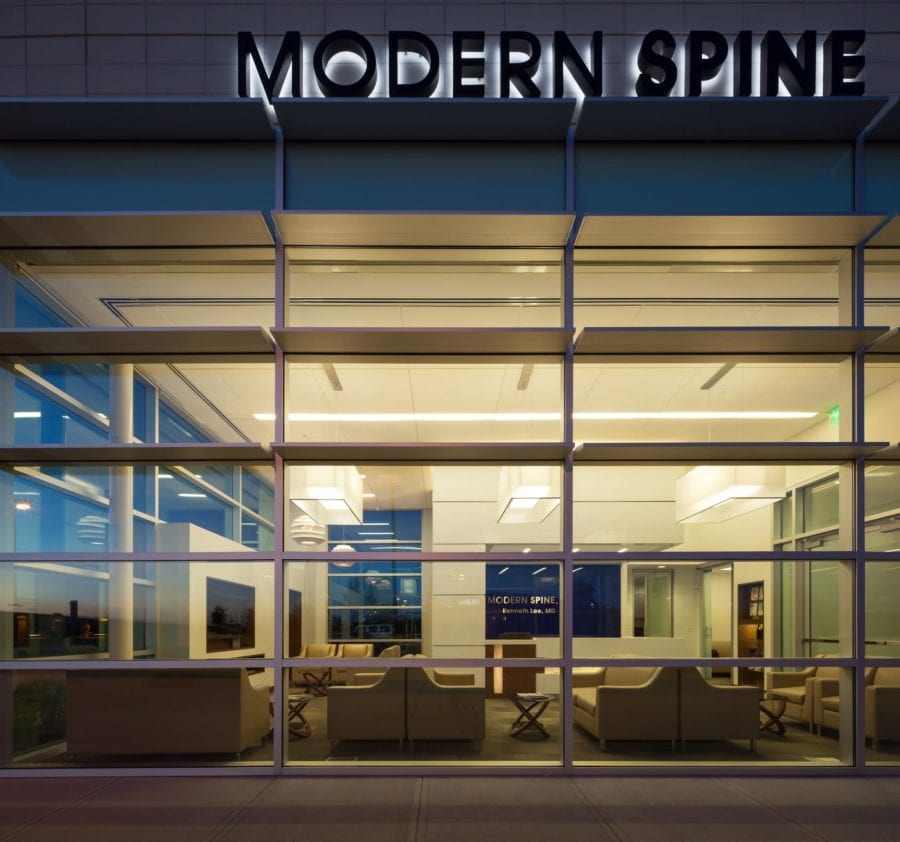As you prepare yourself mentally to undergo spinal surgery, you also need to prepare yourself for the recovery period that will follow your operation. While the surgery entails work on the part of the surgeon, much of the recovery responsibilities are up to you. To ensure a smooth and healthy recovery after your spine surgery, it is important that, as a patient, you closely follow the set of instructions that your surgical team provides you.
Hospital Recovery – What To Expect
Once the operation is completed, you will be brought to the recovery room or intensive care unit (ICU) to be watched over. To ease you out of the anesthesia, the surgical team may tell you to wiggle your fingers or toes, and take deep breaths. Contrary to what you might expect, you will wake up on your back. Rest assured that this will not affect the surgical area.
Waking Up From The Anesthesia
When you do wake up from the anesthesia, you may feel slightly disoriented, and not know where you are. The nurses and doctors of Modern Spine will be there to remind you where you are and that your spinal surgery is over. As the anesthesia wears off, you will feel very tired, and we will encourage you to rest. After waking up, it is also common to feel the urge to urinate. To remedy this, a catheter tube may be placed in your bladed to drain urine from your system. In addition to taking care of your need to get up and go to the bathroom, the catheter also allows the doctors and nurses to monitor how much urine the body is producing. Once you are successfully able to get up and move around, the catheter will be removed and you will be able to use the bathroom normally.
The intravenous (IV) tube that is inserted in your arm prior to the spinal surgery may also come with some slight side effects once it is removed after the operation. The administration of the fluids through the IV frequently cause patients feel swollen for the first few days of the recovery period.
Diet, Nutrition & Physical Activity
Diet, nutrition, and physical activity are other important aspects that will need to be paid close attention in the recovery period of your spinal surgery. Although your will get specific instructions from your nurse and surgical team, there are some general guidelines you can expect. Depending on the approach to your operation, you may be put on a special diet, or there may be restrictions put in place for food and drink.
Calories and food intake are also an important part of recovery, and will therefore likely be adjusted. Some patients find that their physician orders are less restrictive than the diet they follow at home. During the recovery period, you will continue to receive intravenous fluids until you are able to tolerate regular liquids. This typically involves gradually transitioning you from sips of clear fluids to full liquids (including JELL-O® gelatin). From there, you will be given small amounts of solid food until you are ready to return to a regular diet.
In terms of physical activity, the surgeon will likely want you to get out of bed on the first or second day after your surgery. You will receive assistance with this from your nurses and physical therapists until you are comfortable completing the task on your own.
Home Recovery – What To Expect
Before you are discharged from the hospital, your doctor and other members of the hospital staff will give you additional self-care instructions for you to follow at home. This list of “dos and don’ts” should be followed closely for the first 6 to 8 weeks of the home recovery period. If you are unsure of any of these instructions, it is best to ask for clarification right away. Following these instructions carefully is crucial to a speedy and successful recovery from your spine surgery.
Depending on the surgical approach used to perform your operation, one or more incisions may have been involved. Therefore, you may still have a surgical dressing on your incision(s) when you are sent home. It is important that the dressing be changed daily and kept dry. Either a nurse will visit your home to assist with this, or a caregiver, such as a family member, can be taught to do so.
If any signs of infection are observed while changing the dressing, call your doctor. These signs include:
- Fever – a body temperature greater than 101°F (38°C)
- Drainage from the incision(s)
- Opening of the incision(s)
- Redness or warmth around the incision(s)In addition, call your doctor if you experience chills, nausea/vomiting, or suffer any type of trauma (e.g., a fall, automobile accident).
During this recovery period, you will also be instructed to keep your incision(s) clean, making sure only to use soap and water to cleanse the area. In general, you should not shower until your doctor has permitted you to do so.
In addition to caring for your incision(s), you will also be encouraged to:
- Drink plenty of fluids
- Maintain a healthy diet (high in protein)
- Walk or do deep-breathing exercises, and
- Gradually increase your physical activity
Physical activities to avoid include: heavy lifting, climbing (including stairs), bending, or twisting. You should also avoid the use of skin lotion in the area of the incision(s). It is best to keep this area dry until it has had the opportunity to heal well.
Follow up with your doctor on a regular basis during this post-operative period, and make sure to call your doctor if you have any concerns or questions. Following the guidelines of your surgical team during all phases of the recovery process will allow you to return to good health as quickly as possible!



